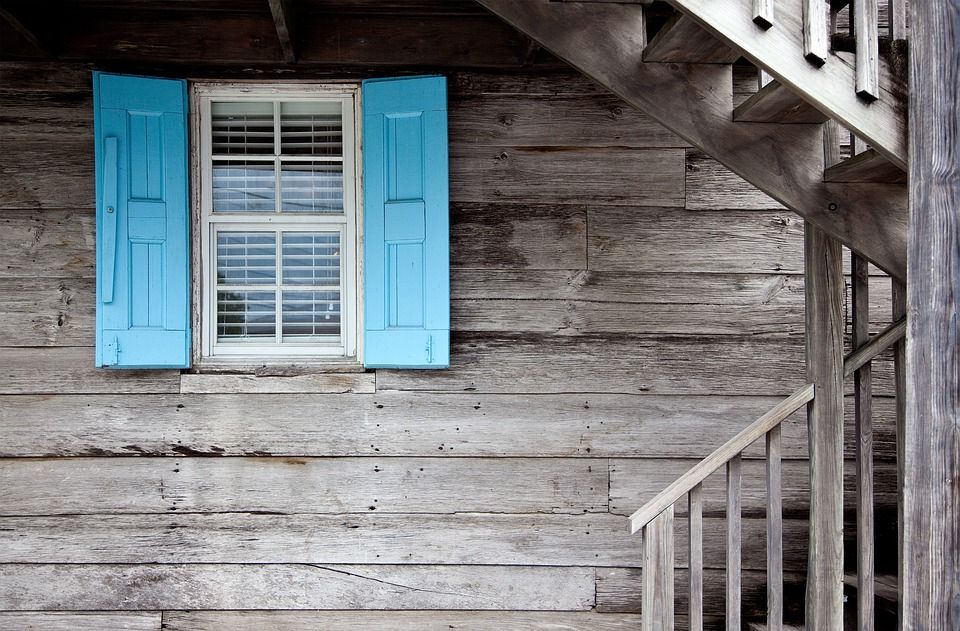A house is a large investment. Not only do you want it to look good, but you also want it to last. You want to be able to enjoy your home for years to come without having to worry about constant repairs. So, what can you do to improve the longevity of your house? Here are a few tips:
What is the average lifespan of a house?
The average lifespan of a house is quite variable and depends on a number of factors. The most important factor is the quality of materials and workmanship that went into building the house. A well-built house using high-quality materials can last for hundreds of years, while a poorly constructed house may only last for a few decades. Other important factors include the climate and weather conditions in which the house is located, as well as the level of maintenance and care that it receives.
Not to mention, the size of a house also matters. A smaller home is easier to take care of and will likely last longer than a larger one. Ultimately, the average lifespan of a house really depends on how it was built and how well it is maintained.
Fixtures
Fixtures are often one of the first things to break down or show signs of wear and tear in a house. Because they're constantly being used, they can wear out quickly if not properly cared for. In order to extend the life of household fixtures like door handles, doorknobs, and light switches, make sure to wipe them down with a soft cloth regularly. This will remove any dirt or fingerprints that could potentially damage the surface of the fixture over time.
Smoke detectors are an essential part of every home, but many homeowners neglect to check them on a regular basis. Test your smoke detectors monthly to ensure they're functioning properly. You should also replace the batteries once a year or whenever they start to get low. If you don't have a smoke detector in your home, now is the perfect time to install one!
Regular maintenance
It is important to keep up with the regular maintenance of your home in order to improve its longevity. This includes things like regularly cleaning and inspecting your gutters, checking for any cracks or damage to your foundation, and making sure your windows and doors are properly sealed. Additionally, it is important to have a professional inspect your home every few years to ensure that everything is in good condition.
Keep in mind that your home is a long-term investment, so it’s important to take care of it accordingly. By following these tips, you can keep your home in good shape for many years to come.
Upgrades and renovations
Over time, every house will need some upgrades and renovations. Some of these may be cosmetic, such as a new coat of paint, while others may be more structural, such as a new roof. No matter what kind of upgrades and renovations you may need, there are a few things you can do to improve the longevity of your house:
1. Regular Maintenance: One of the best ways to improve the longevity of your house is to keep up with regular maintenance. This means that you should regularly check for any repairs that may be needed, and address them as soon as possible. By keeping on top of maintenance, you can prevent small problems from becoming big ones.
2. Use High-Quality Materials: When you do need to make repairs or upgrades, be sure to use high-quality materials. This will ensure that your house can withstand the test of time.
3. Hire a Professional: When making any major repairs or upgrades, it is always best to hire a professional contractor. They will have the experience and expertise to get the job done right, which will help extend the life of your house.
Keep in mind that the lifespan of your house will also depend on the materials it is made out of. If you have a house made out of high-quality materials, it will likely last longer than a house made out of lower-quality materials.
If you're looking to improve the longevity of your house, it's important to take into consideration the different factors that can affect it. From the material your house is made of to the location and climate, there are a number of things that can impact how long your house will last. By taking these factors into account and making small changes where necessary, you can help to ensure that your house has a long and healthy lifespan. Plus, regular maintenance and upgrades will help to keep your house in good condition for many years to come.

